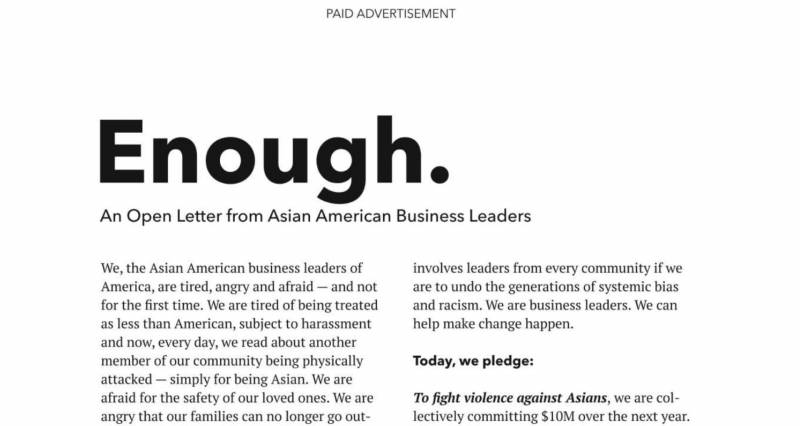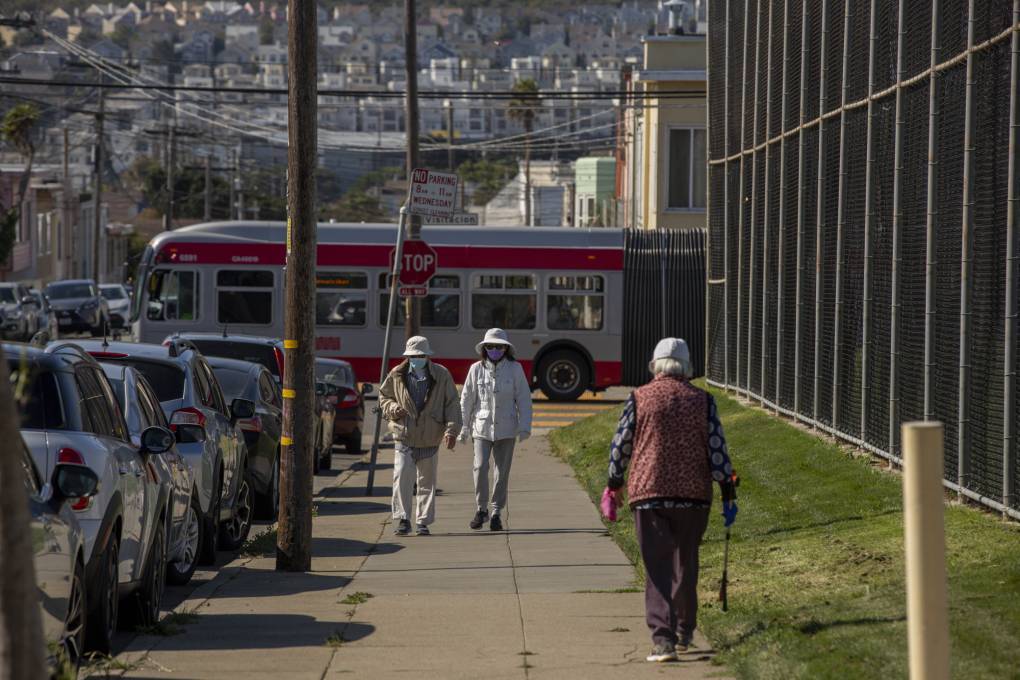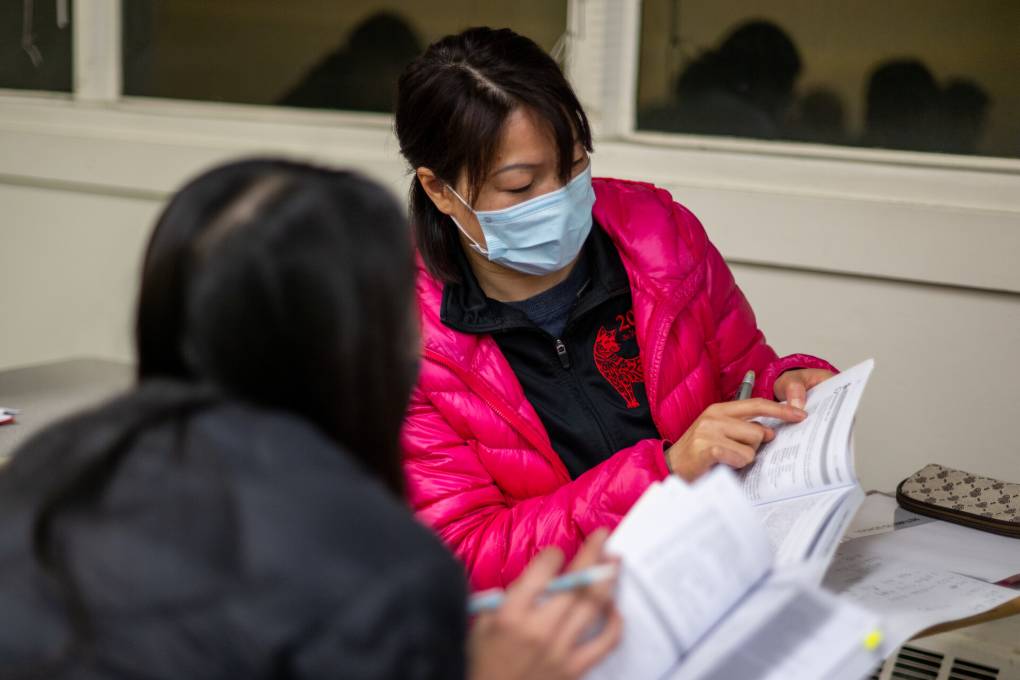Like many in the Asian American and Pacific Islander community, Dave Lu found himself horrified at the Atlanta shootings that left eight people dead, six of whom were Asian women.
Anger. Hopelessness. These emotions and more were publicly voiced by many. And even living in faraway San Francisco — his home of two decades — Lu felt them all, too.
“A lot of us were like, I didn’t know what to do,” he said. “We felt hopeless.”
And like many in the AAPI community, Lu turned to his own networks to rally support. Lu’s networks, however, are perhaps more jaw-dropping than most. Lu, co-founder of the food staffing app Pared and a managing partner at the AAPI-connecting Hyphen Capital, put out the call to Silicon Valley, and titans of industry answered.
Highly placed AAPI business leaders and their allies, from Google, Walmart, Zoom, the Golden State Warriors, TikTok, the Brooklyn Nets — even Pizza Hut — signed onto Lu’s joint letter stating, “Enough,” which published in the Wall Street Journal as a full-page advertisement on Wednesday.
“We, the Asian American business leaders of America, are tired, angry and afraid — and not for the first time. We are tired of being treated as less than American, subject to harassment and now, every day, we read about another member of our community being physically attacked — simply for being Asian,” the letter reads.
Those business leaders, now numbering at nearly 3,850 signatories and counting, committed to fund efforts to support AAPI communities. At first, Lu asked for $1 million from his network, but the response was so great that he adjusted that total to $10 million in support over the next year.




